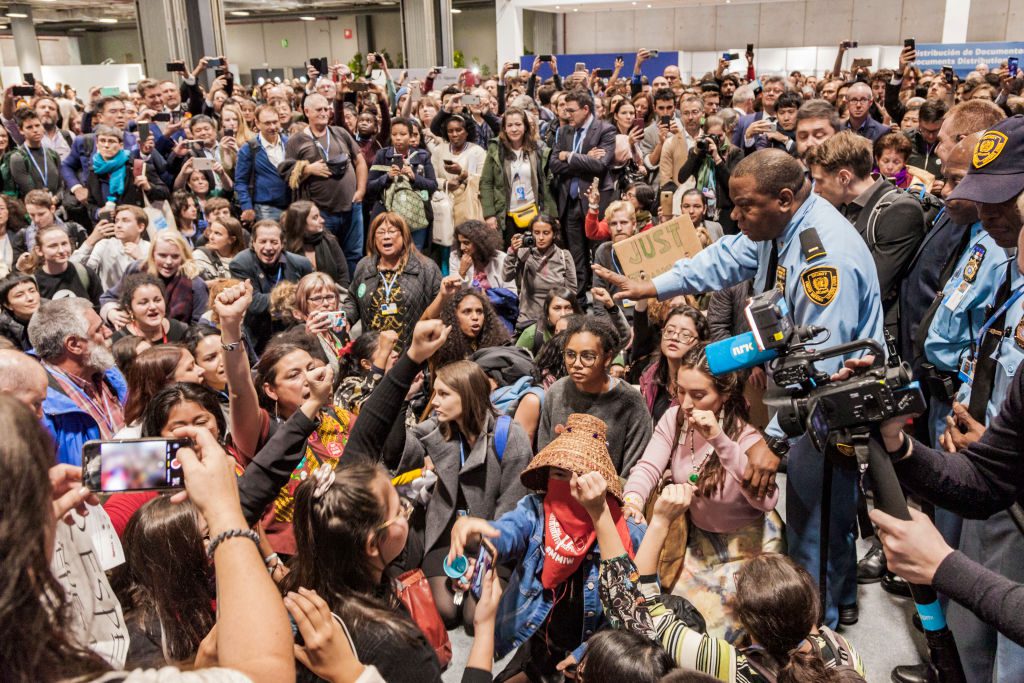As negotiations come to a close at the UN Climate Summit in Madrid (COP 25 – the meeting of States that are party to the UN Framework Convention on Climate Change), Chiara Liguori, Amnesty International Policy Adviser on Climate Crisis said:
“From Mozambique to Philippines, people have lost their lives, their homes and their livelihoods to disasters caused or exacerbated by the climate crisis, despite their countries’ minimal contributions to it. Meanwhile, wealthy industrialized countries that have benefitted economically for over a century from growing emissions – while suffering far less from its ill-effects – are content to be global freeloaders, with the costs being borne by developing countries.
“It is not too late for industrialised countries to do the decent thing and contribute their fair share to upholding the rights to life, to food and other human rights of people most affected by climate impacts. They must agree to the establishment of an effective and fair international finance mechanism to provide new and additional funding to affected people in developing countries.
“Negotiators are also poised to agree on rules for carbon trading that would not adequately protect against projects that violate human rights. These could allow, for example, climate mitigation projects on the territories of Indigenous Peoples against their wishes. Adopting rules that could harm people and don’t result in ambitious emissions reductions would be a failure worse than not reaching any agreement at all.”
Background
Amnesty calls for the final conference decision to ask countries to update their national climate plans in 2020 and ensure that these are ambitious and keep the global average temperature rise below 1.5°C. The conference decision must ask states to develop and implement these plans in a participatory way that advances human rights rather than harming them. The climate emergency is one of the greatest threats to human rights of our age – its effects wreaking famine, poverty and homelessness on great swathes of the globe. Amnesty International is calling on states to make 2020 the year in which they swerve away from this catastrophe.
At COP 25, Amnesty has been calling on governments to:
- Commit to ambitious climate action to keep us under a global 1.5C global temperature rise;
- Ensure that rules for climate trading being discussed do not allow for harm human rights, for example by not evicting Indigenous peoples from their lands in the name of forest protection;
- Work together to fairly share the burden of climate change – richer countries must help others make the transition and pay for damages in poorer countries.
- Ensure that gender equality and the rights of marginalised groups are part of mainstream climate policies and that people can participate in decisions affecting them.
More details are available in our public statement available here https://www.amnesty.org/download/Documents/IOR4015742019ENGLISH.pdf, and our briefing for COP25 available here: https://www.amnesty.org/en/documents/ior51/1446/2019/en/


